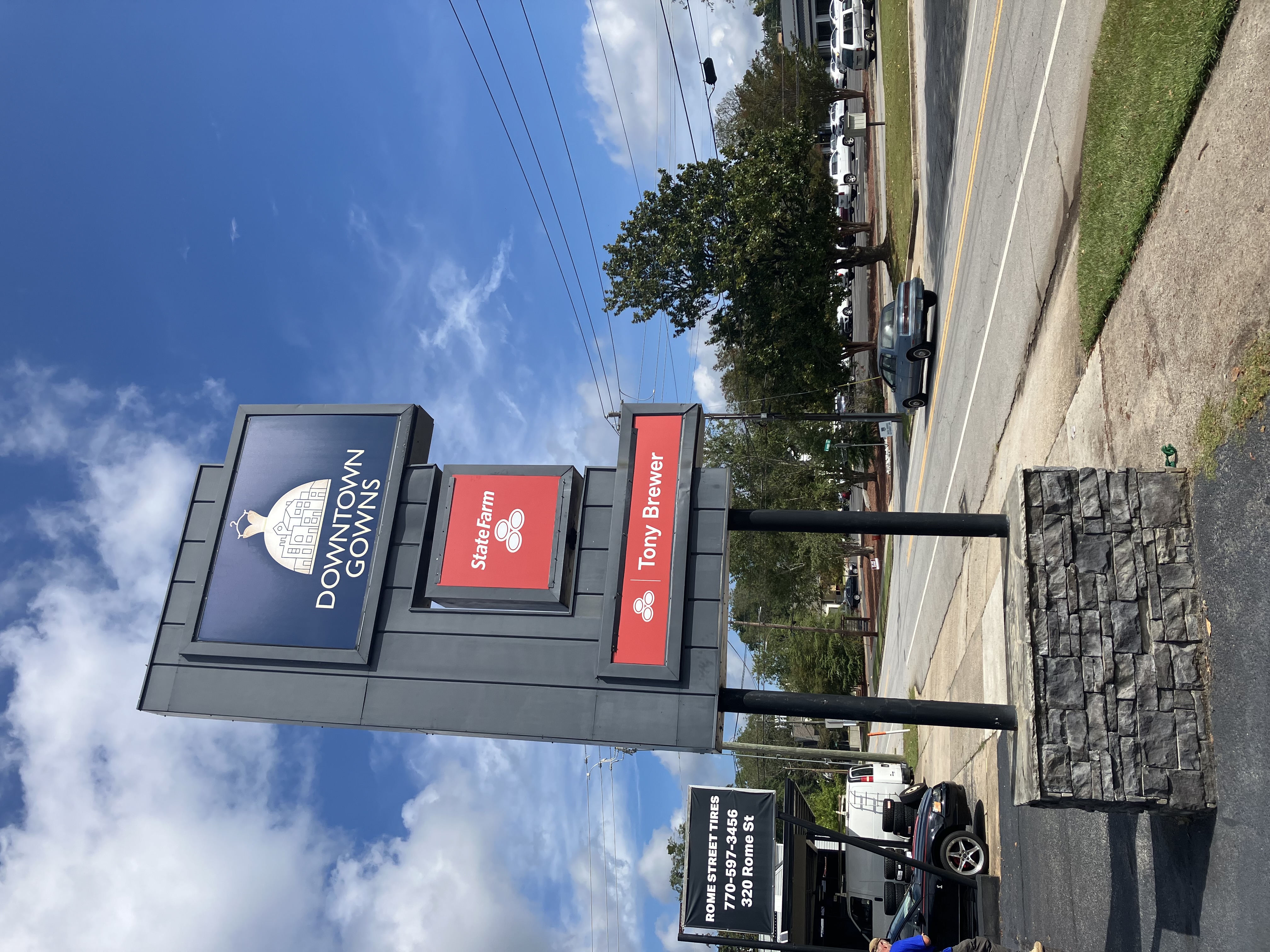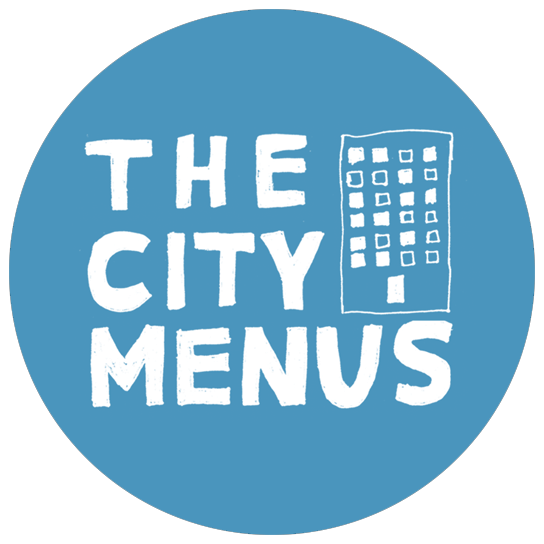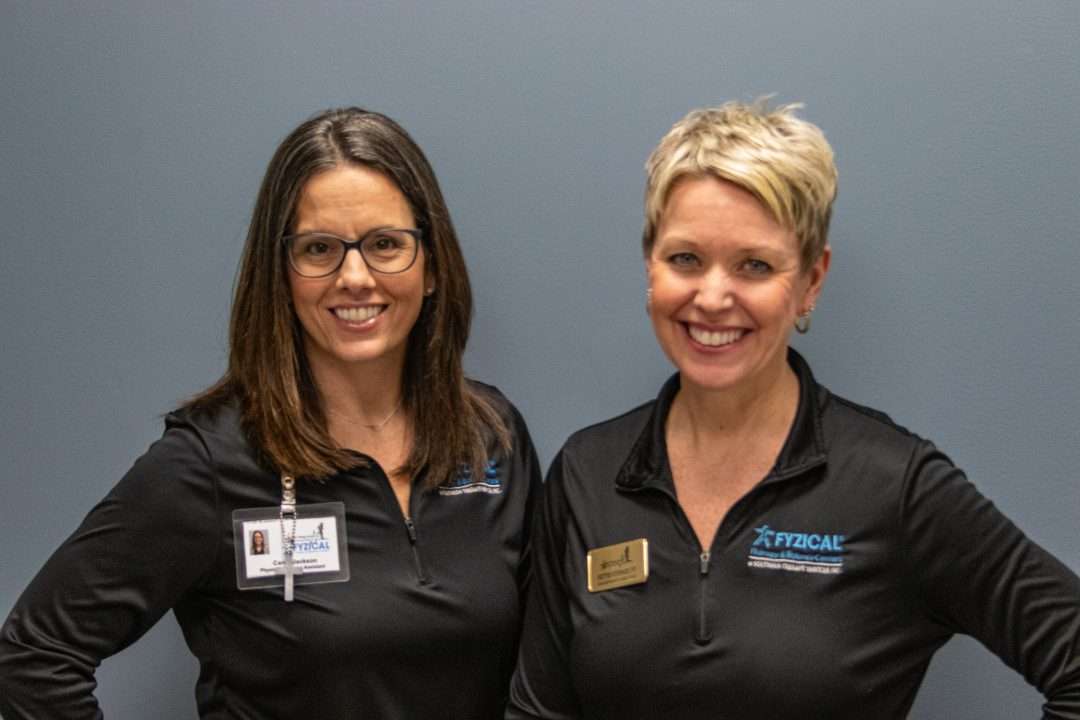
Behind some taboo subjects lie people with pain and sometimes embarrassment in their everyday reality. Unfortunately, this means many people experiencing incontinence, pelvic pain, or even lower abdominal pain try to explain away their symptoms as “normal” – when in reality they aren’t – to avoid speaking with a medical professional about them. Passing up treatment for some conditions can wreak havoc on a person’s well-being, not to mention mental stamina.
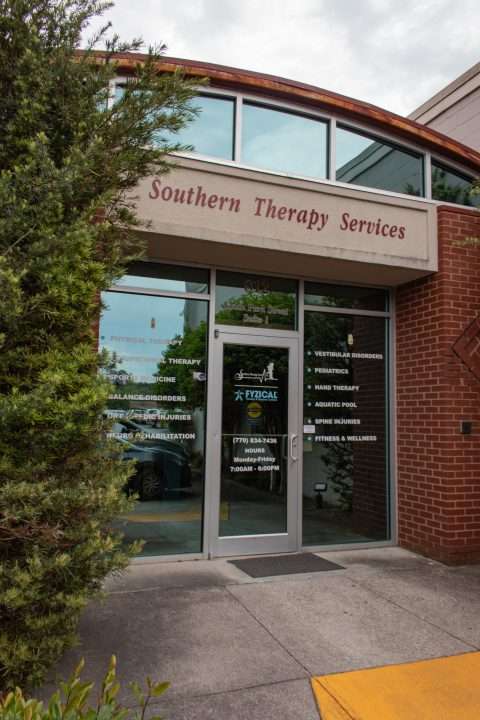
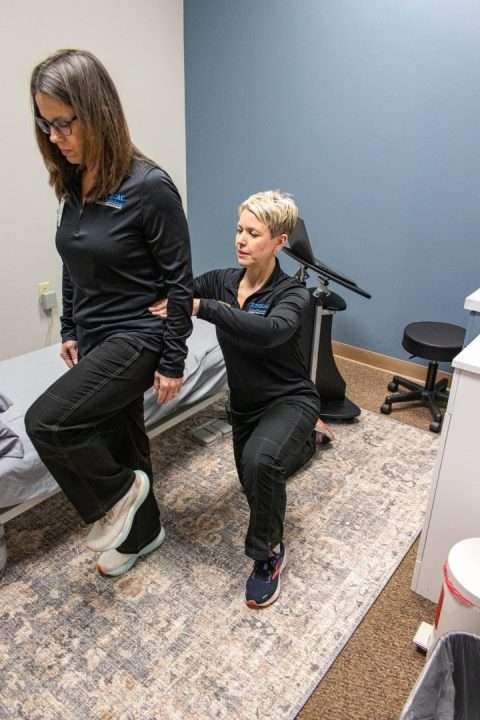
However, with the addition of Pelvic Health Physical Therapy now at Southern Therapy Services/FYZICAL in Carrollton, Hettie Stewart, PT, DPT, and Candi Jackson, PTA, want to break down any barriers potential patients might have with speaking about pain in their lower regions. Both women understand how common it is for people to think that issues like incontinence are just part of life after childbirth or surgery. With kindness and discernment, Stewart and Jackson offer comprehensive education and treatment plans for patients who experience bladder or rectal incontinence, sexual dysfunction, and even prolapse conditions.
What’s the difference between “normal” and “common” issues? Stewart explains that what many believe to be “normal” ailments are just “common,” meaning that many of the issues patients face can be treated so they don’t cause more bodily harm.
Jackson emphasizes that pelvic or lower abdominal issues that go unchecked can go as far as affecting the time you spend outside your home.
“We had one patient who was uncomfortable with leaving her home to travel because she didn’t know how the bathroom situation would be on the way to her destination,” Jackson says. “We may not think of incontinence as being isolating, but it can be.”
To help some patients ease their way into speaking about their private pain, Stewart and Jackson attend events like the Empowering Parenthood Expo, which took place a few weeks ago at City Station in Carrollton. With informative charts, presentations, and even 3-D pelvic models, the pair help to destigmatize the pelvic area and have enlightening conversations with the community.
Stewart and Jackson state that they see patients feel and function better even after the first few visits. For example, those who have an episiotomy scar – a scar that forms over a cut made to allow for an infant to pass more freely during a vaginal birth – Southern Therapy offers certain massage therapies to ease the discomfort that scars can give.
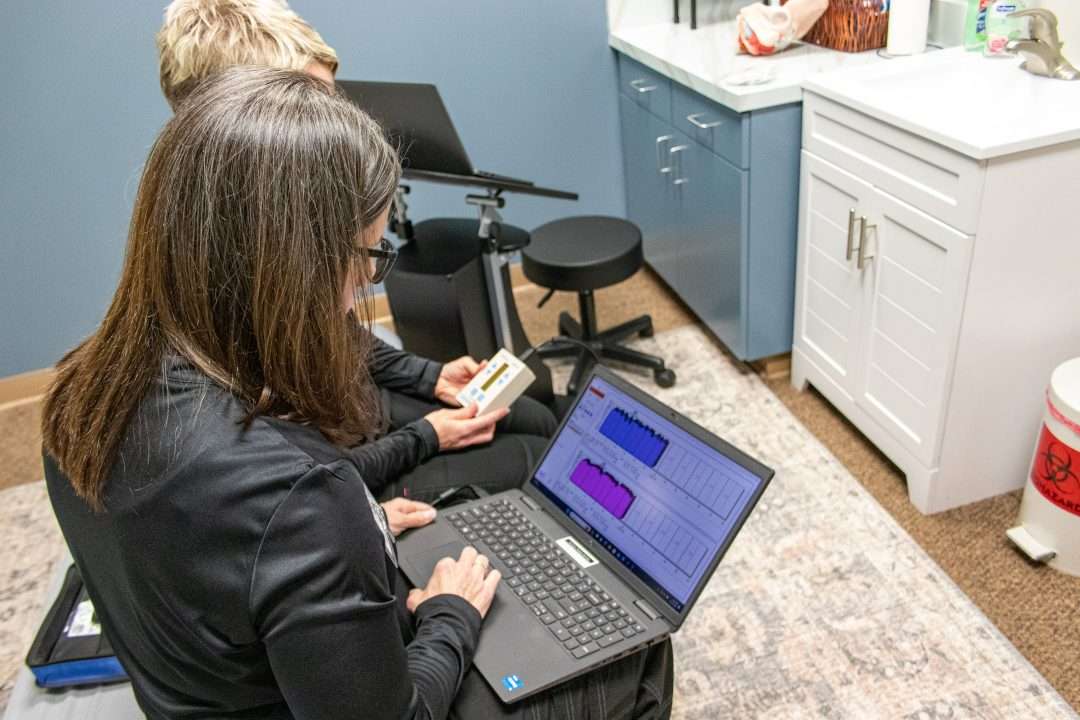
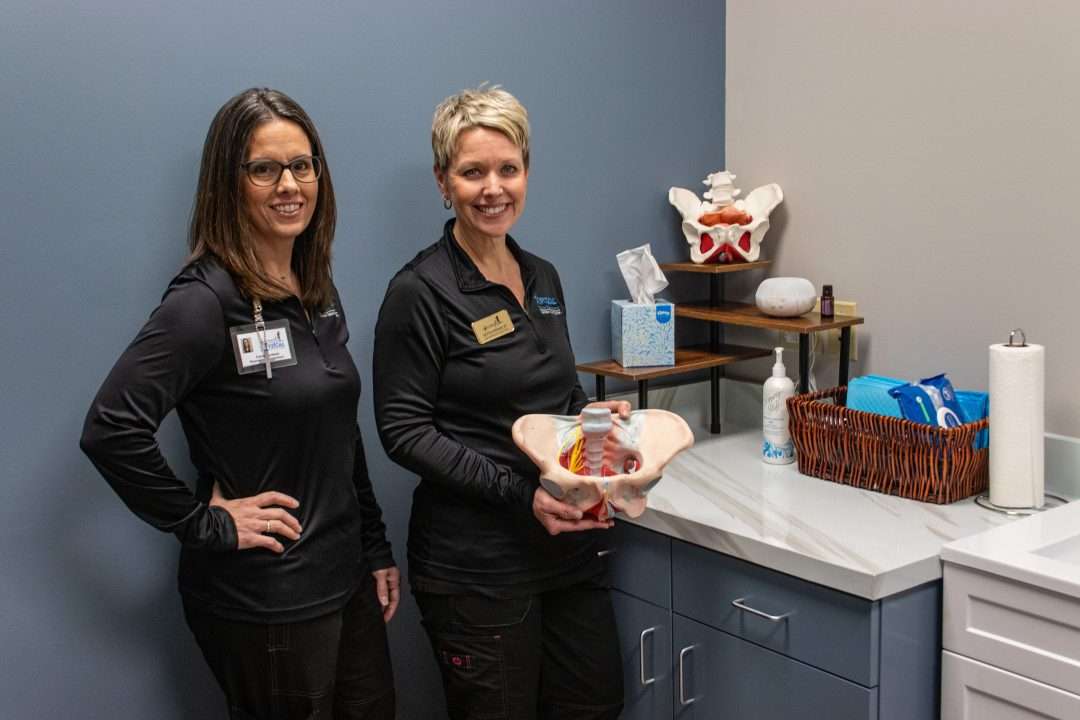
What other kinds of services does Southern Therapy offer? Regarding pelvic issues, Stewart and Jackson offer internal and external examinations, manual therapy, electrical stimulation, Biofeedback, pelvic floor exercise coaching, therapeutic activity, and even tips on how to position yourself on the toilet when experiencing bowel movement difficulties.
“Physical therapists in general can help distinguish between different types of pain so we can move forward with a treatment plan,” Stewart explains. “[In our type of physical therapy], people may not realize that bladder incontinence or lower abdominal pain may be linked to their pelvic area.” Stewart earned a Master of Science in Physical Therapy from North Georgia College & State University and a Doctorate of Physical Therapy from Alabama State University. Jackson earned her Associate of Applied Science in Physical Therapy from Stanly Community College in North Carolina. Additionally, both have received extensive education in pelvic floor examination and dysfunction along with testing in the areas of bladder and pelvic examination, bowels and abdominal, prenatal and postpartum care, and pelvic pain.
Southern Therapy can help with male-specific issues as well. In fact, this testimonial may relieve and encourage those experiencing similar problems:
The City Menus Founder Jonathan Dockery can attest to the positive results following incorporating pelvic floor therapy exercises into his routine. He began experiencing some health concerns related to the prostate area and the urinary tract in the fall last year. “From my own experience, it really gave me a better quality of life, and it honestly worked better than any medication,” Dockery said.
Dockery worked with a local physical therapist at the fitness center where he holds a membership, who introduced him to this particular training. After one to two sessions, estimated over a span of about two weeks, Dockery had already begun seeing improvements with his health concerns and has now recovered. These exercises can be completed both at home and frequently as one would like. “I was really able to see more of a peace and felt much better with that anxiety from this therapy,” Dockery said.
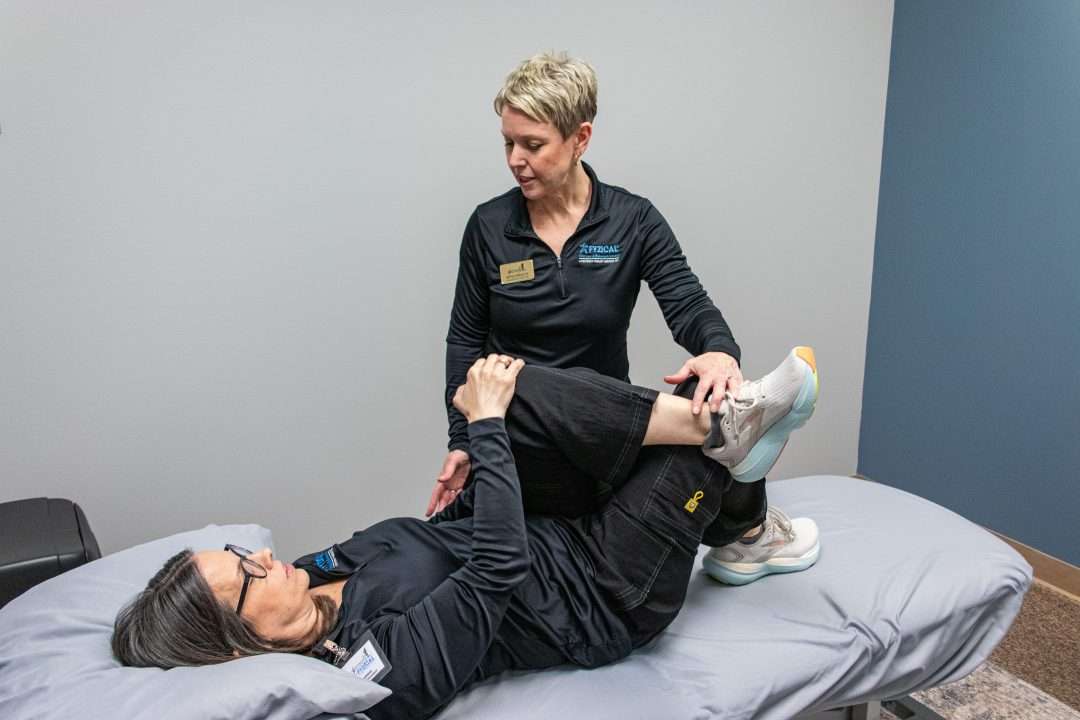
Southern Therapy accepts direct-access patients as well as physician referrals. To request an appointment, visit their website at www.southerntherapyservices.com to either fill out a form or call one of their location’s phone numbers.
“Following procedures or life changes, we can start having complications and often sweep them under the rug because appointments have long wait times or it’s too embarrassing to talk about,” Stewart says. “We wanted to start talking about it so that people aren’t embarrassed.”
For more information about Southern Therapy’s work and for upcoming events, follow their Facebook and Instagram pages.
Special thanks to The City Menus writers, Jessica Liang and Kennae Hunter who both contributed to this article. Photos by Bren Williamson


